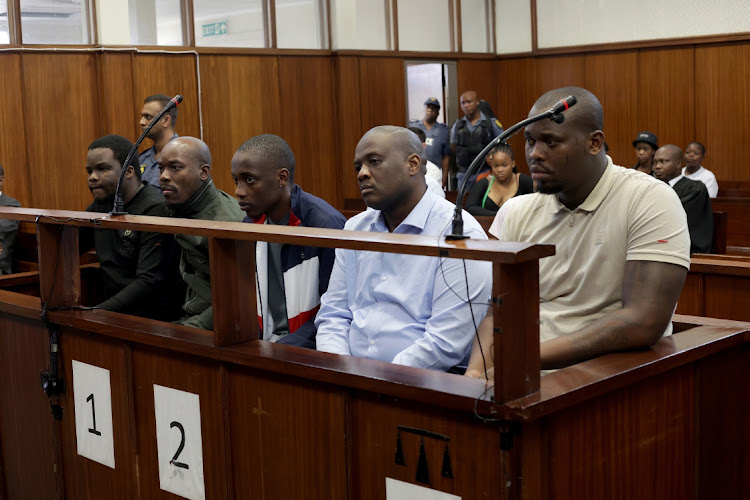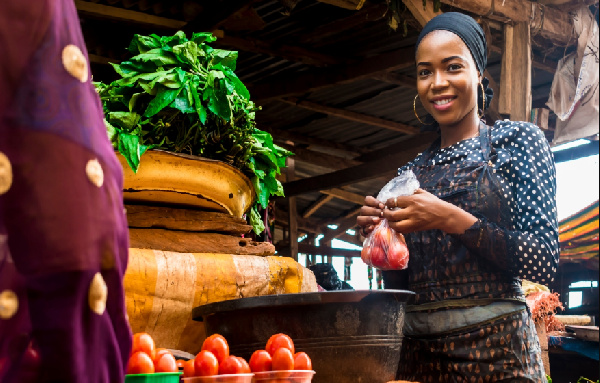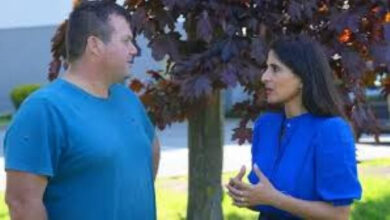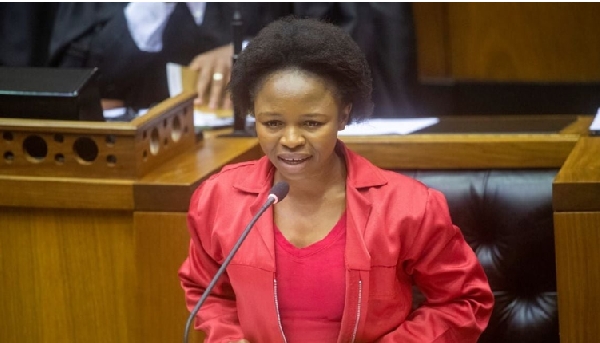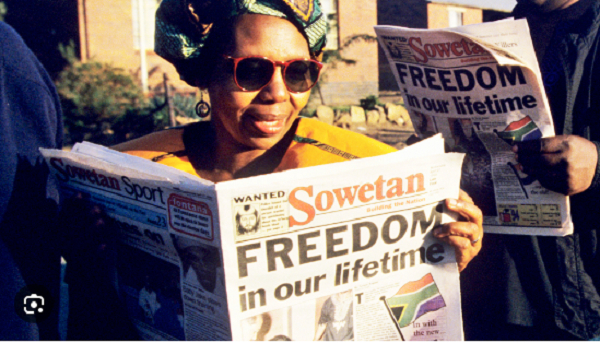South African polls: ANC is weaker, opposition fragmented

With unemployment, power outages, and crime spiralling out of control, South Africa, one of Africa’s most affluent and influential nations, faces a pivotal election on May 29.
An estimated 28 million registered voters in South Africa are set to participate in the country’s seventh democratic general election.
What is at stake for the ANC?
The upcoming ballot could mark a new era in the country’s politics. The African National Congress (ANC), led by South African President Cyril Ramaphosa, has been the dominant political force since overthrowing the apartheid regime. However, its electoral support has declined, with surveys suggesting a potential need for a coalition government as the ANC’s vote share may dip below 50 percent for the first time.
What are the issues?
The lack of employment has hit young people hard, with more than 44 percent of 15 to 34-year-olds not in education, training, or employment, leading to concerns about potential political instability in the future.
“We must be careful not to draw specific conclusions around sectoral trends in employment trend from just one quarterly survey,” said Raymond Parsons, an economic expert from the North-West University Business School.
“But the overall unemployment picture is sufficiently negative to explain why all the major political parties have put the need for SA to get much higher job-rich growth high on their election manifestos,” added Parsons.
Meanwhile, political parties, including the ANC have also pledged to tackle the persistent high levels of crime in the country, as reflected in their election manifestos.
Why is the opposition not consolidating?
Mcebisi Ndletyana, professor of political science at the University of Johannesburg, has identified a potential plateau in the support for the ANC’s primary competitors, namely the Democratic Alliance (DA), Economic Freedom Fighters (EFF), and Inkatha Freedom Party (IFP).
“The opposition is fragmented because, despite the ANC losing support, the DA and the EFF are not experiencing significant growth,” explained Ndletyana. This is attributed to a multitude of new political entrants attracting pockets of support within the constituencies of established political parties.
“They are supposed to be consolidating, but there is further fragmentation among the opposition,” he said.
However, if the ANC’s support falls below 50 percent for the first time, the party will be compelled to form a coalition government.
Meanwhile. political analyst Prof Ntsikelelo Benjamin Breakfast, director of the Centre for Security, Peace and Conflict Resolution at Nelson Mandela University added: “It’s too late to come up with any anti-poverty strategy. The ANC blew all the opportunities it had to correct its mistakes in the last 30 years.
“It is in the belly of the beast. It is on the verge of losing power. I am not a prophet of doom, but the writing is on the wall,” added Mr Breakfast.
What are the alternatives and convenient partnerships for ANC?
The DA, the closest rival to the ANC, has been labelled “a white party” after ousting its black leaders in the lead-up to the highly anticipated 2024 elections.
A centre-right political movement in South Africa, DA originated from the former apartheid parliament and it has traditionally been seen as representing the interests of white, Asian, and coloured individuals, although it has sought to broaden its appeal. The party appointed its first black leader, Mmusi Maimane, who later resigned, expressing that the party was not the right “vehicle” for unifying a still divided South Africa ahead of the May elections.
DA leader John Steenhuisen has emphasised the importance of focusing on competencies and delivery, over race.
Mr Steenhuisen has formed a coalition with smaller parties to gain the votes needed for power. He’s open to joining forces with the ANC if they don’t secure a majority. Despite seeking cross-party cooperation, he’s not hesitant to criticise rival parties.
“Steenhuisen comes across as someone who is privileged, but unconscious, unaware of the context, unaware of the lived reality for most South Africans,” said South African political analyst Richard Calland.
Calland believes it is a challenge for the DA leader to broaden his support among black voters, as they are still significantly more likely to be living in poverty compared to the white population.
The DA has been in power in the Western Cape since the 2009 election, securing a larger majority in the 2014 election but experiencing a slight decrease in support in the 2019 election.
What of the EFF?
On the other hand, the EFF, which is the third largest party in parliament, has proposed radical economic solutions to tackle unemployment and inequality. The party claims that the ANC has not effectively addressed the economic disparities created by apartheid and aims to redistribute land to those in need.
The EFF led by Mr Julius Malema also advocates for the nationalisation of mines, banks, and other key sectors of the economy, arguing that this would allow the country’s wealth to benefit the majority of the population.
“I think that the brand of Malema, which is destabilisation, anti-establishment… militant politics, even violent politics at times – I just don’t think it lands with the broader public,” Calland added.
What are the political parties’ strongholds?
While the DA is in control in the Western Cape province, the ANC governs the remaining eight provinces in South Africa: Eastern Cape, Free State, Gauteng, KwaZulu-Natal, Limpopo, Mpumalanga, Northern Cape, and North West.
The EFF established in 2013, has been steadily gaining popularity and support. Despite not representing a specific province, the party has experienced notable growth at the provincial level, increasing its number of seats in all nine provincial legislatures and securing official opposition party status in three provinces.
Source: theeastafrican.co.ke

